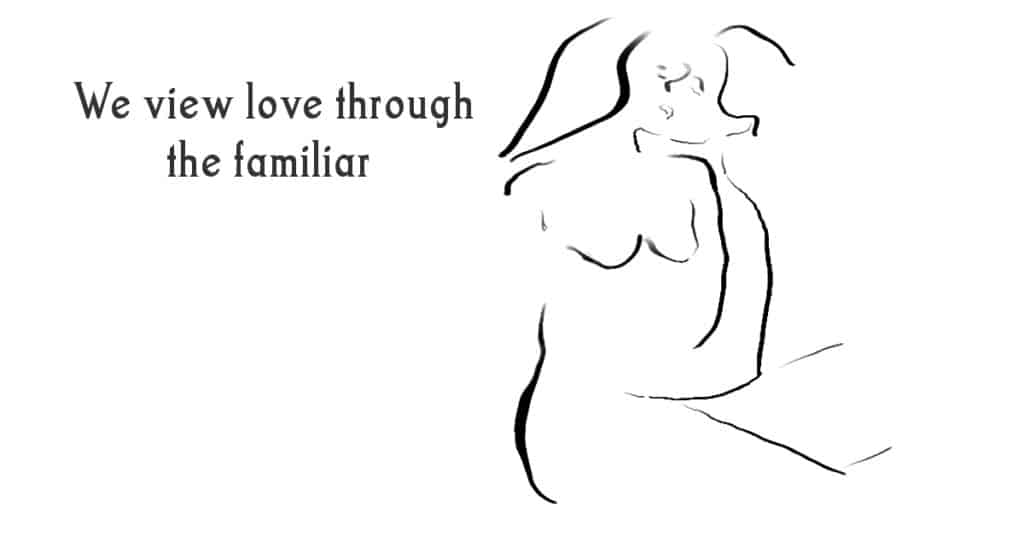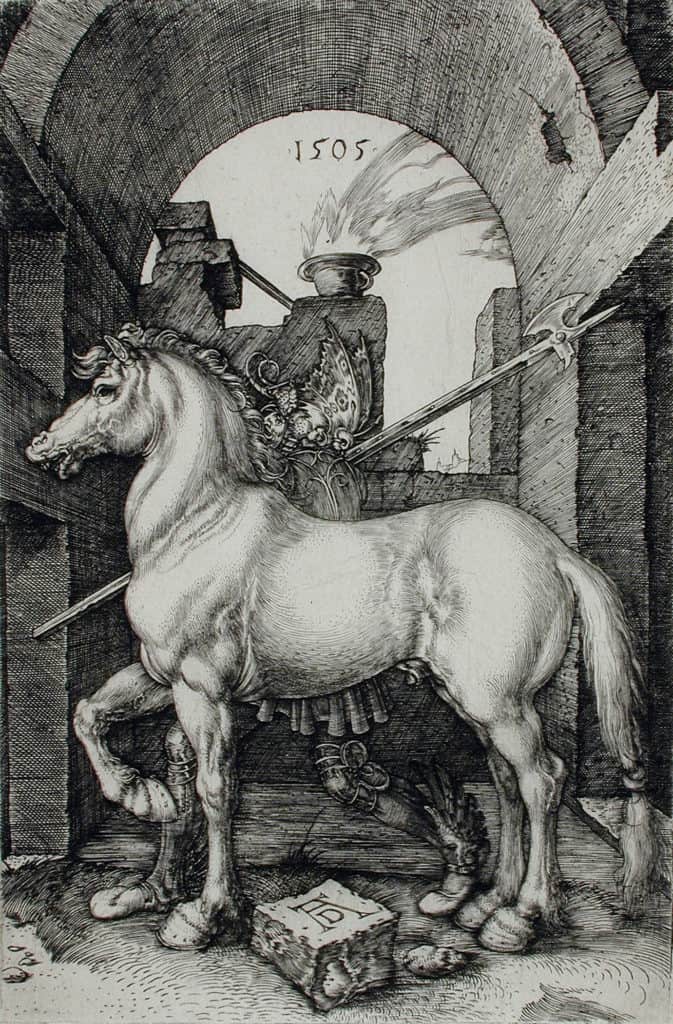 In the west the propaganda of religion is probably not as pervasive as are the songs, representations, and symbolism about love. We know how different religious influences change the interpretation of a fact. Now consider how everyone is a philosopher about love over coffee, but most people, do not want their love philosophies scrutinized. Most love philosophies are not concerned with the truth, but with a means to some other end. Our beliefs change what we see, it is a weakness of the immense conceptual power of the human mind. Hasty conclusions and prejudice are why others can often see things that we do not and we feel surprised to have missed what was right in front of us.
In the west the propaganda of religion is probably not as pervasive as are the songs, representations, and symbolism about love. We know how different religious influences change the interpretation of a fact. Now consider how everyone is a philosopher about love over coffee, but most people, do not want their love philosophies scrutinized. Most love philosophies are not concerned with the truth, but with a means to some other end. Our beliefs change what we see, it is a weakness of the immense conceptual power of the human mind. Hasty conclusions and prejudice are why others can often see things that we do not and we feel surprised to have missed what was right in front of us.
The view that I offer about love seeks to understand and free us of bondage to limits from our past. My view of love does not exclude means because that’s foolish, but I do emphasize love as an end, love as part of a good life by itself, even if it accomplishes nothing else. If there is a quadriplegic in poverty who could never further any cause, it may still be a good thing to love him or her and that love be part of a good life. Conversely, there people who are incredibly useful that may lack the quality of love that we find in the quadriplegic. If we judge love by some other goal, we miss love as an end unto itself because ends are not about future results. Our goal becomes a familiar lens we look through to see what’s in front of us including love. We learn that love is a vehicle to some other end, such as security, which is itself an abstract notion.
“Security is mostly a superstition.”
— Hellen Keller
Again, our goals keep us, looking to an imaginary future, and judging love by that future. We are largely trained from birth to judge love as a means, through love stories, songs, etc., we miss love as an end unto itself. Hence, the common lament of not knowing what we have until it is gone. We miss what we took for granted, the love itself.
The problem about love is our preconceived notions, prejudice about what we see.
We think we are seeing what is in front of us but we are not. Even the most precise artists do not see what is in front of them.
“The familiar will always remain the likely starting point for the rendering of the unfamiliar; an existing representation will always exert its spell over the artist even while he strives to record the truth. Thus, it was remarked by ancient critics that several famous artists of antiquity had made a strange mistake in the portrayal of horses: they had represented them with eye lashes on the lower lid, a feature which belongs to the human eye, but not to that of the horse. A German ophthalmologist who studied the eyes of Durer’s portraits, which, to the layman, appear to be such triumphs of painstaking accuracy, reports somewhat similar mistakes. Apparently, not even Durer knew what eyes “really look like.”
Ernst Gombrich – Art and Illusion, 1956
It takes a conscious effort to let go of any habit, especially a habit of thought about love when it is charged with the idea of ego fulfillment. The same ego that disappears in a moment without thought, it is a mental representation of ourselves. Our references to the past need not be a prison, but we must consciously look beyond our habits of the mind to get free of the bonds of the familiar. If we cannot do so, we limit love to our ideas and see our concepts, not what is in front of us. If a great artist strives to reproduce reality on canvas and unconsciously changes that reality, then we should know how easy it is to alter facts. It’s even easier when people agree with our preconceived notions. We should ask, what am I not seeing that is important?
We add or subtract from the facts around us. Just as we often filter out traffic noise, or the ticking of a grandfather clock, we sometimes filter out important facts. Part of this filtering is we judge things including love relationships according to familiar concepts. Like it or not, we’ve absorbed the beliefs of our contemporaries and whether we conform or rebel against them, those beliefs could be wrong or simply not well adapted to our lives.
The experience of love is a pleasure; when love is undeceived, then it is even better. When love is open to new truth, then it is even better. When love is open to truth and is not imposing upon freedom, then it is even better. When we are not asking love to be what it is not, then we can enjoy it for what it is and, as ephemeral as it may be, it is part of a good life. Let’s set love free from ideas and discover its mysteries that hide in plain sight.
Albrecht Dürer Small Horse (1471–1528) Sourse Wikimedia Commons

